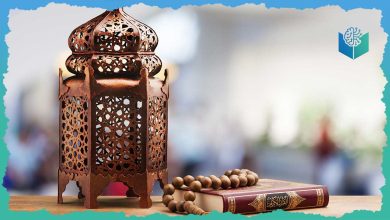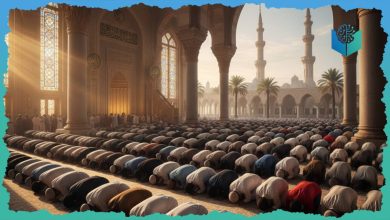The Passing of Prophet Muhammad
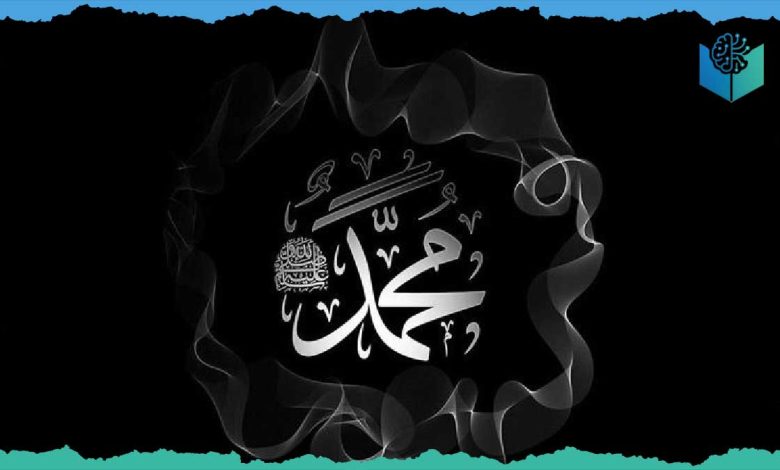
The Passing of Prophet Muhammad ﷺ (peace be upon him) is arguably one of the most pivotal and emotionally resonant events in Islamic history. It marked the end of divine revelation, the conclusion of the mission of the final prophets of God, and a profound turning point for the nascent Muslim community. While the exact date is a subject of scholarly discussion among various Islamic traditions, the 28th Safar is widely commemorated, particularly by many Shia Muslims, as the day of his demise. This article delves into the profound events surrounding the death of Prophet Muhammad in Hijri, exploring his final days, the reactions of his companions, and the enduring significance of this monumental occasion. For a deeper understanding of the life history of prophet muhammad from birth to death, refer to Everything You Need to Know About Prophet Muhammad ﷺ.
Prophet Muhammad’s Final Illness and Preaching
The Demise of the Prophet did not occur suddenly but followed a period of illness. Around the beginning of Safar in the 11th year of the Hijra (632 CE), Prophet Muhammad ﷺ began to experience symptoms of a fever. Despite his weakening condition, his dedication to his community remained unwavering. He continued to lead prayers in the mosque for as long as he was physically able, even instructing Abu Bakr (R.A.) to lead them in his stead when he could no longer stand.
During this period, the Prophet emphasized crucial Islamic teachings. He delivered what is often referred to as Prophet Muhammad’s final sermon, a powerful address given during his Farewell Pilgrimage (Hajj) months earlier. In that sermon, he stressed fundamental principles such as the equality of all people, the sanctity of life and property, the rights of women, and the importance of adhering to the Quran and his Sunnah. Even in his final days, he reiterated the importance of unity, prayer, and kindness. These moments underscore his tireless commitment to guiding his followers until his very last breath, ensuring the preservation of the core tenets of Everything about Islam. This period is often studied in detail to understand the death of prophet muhammad story.
The Events of 28th Safar and the Final Moments
The Events of 28th Safar, according to one significant tradition, chronicle the day the Prophet’s earthly life came to an end. Historical accounts depict the deep concern and grief among his companions as his health deteriorated. The atmosphere in Medina was heavy with apprehension, as the community grappled with the impending loss of their beloved leader and messenger.
In his final moments, the Prophet was in the chamber of his wife, Aisha (R.A.). He continued to give advice, urging his followers to maintain prayer and care for the vulnerable. He dipped his hands in a bowl of water and rubbed his face, murmuring prayers. Tradition states that his last words were related to the highest companionship in Paradise, signaling his peaceful transition to the afterlife. The Wafat of Prophet Muhammad occurred with immense dignity and profound quietude, leaving his companions in a state of shock and disbelief. The death of prophet muhammad day is thus commemorated as a moment of both sorrow and reflection for Muslims worldwide.
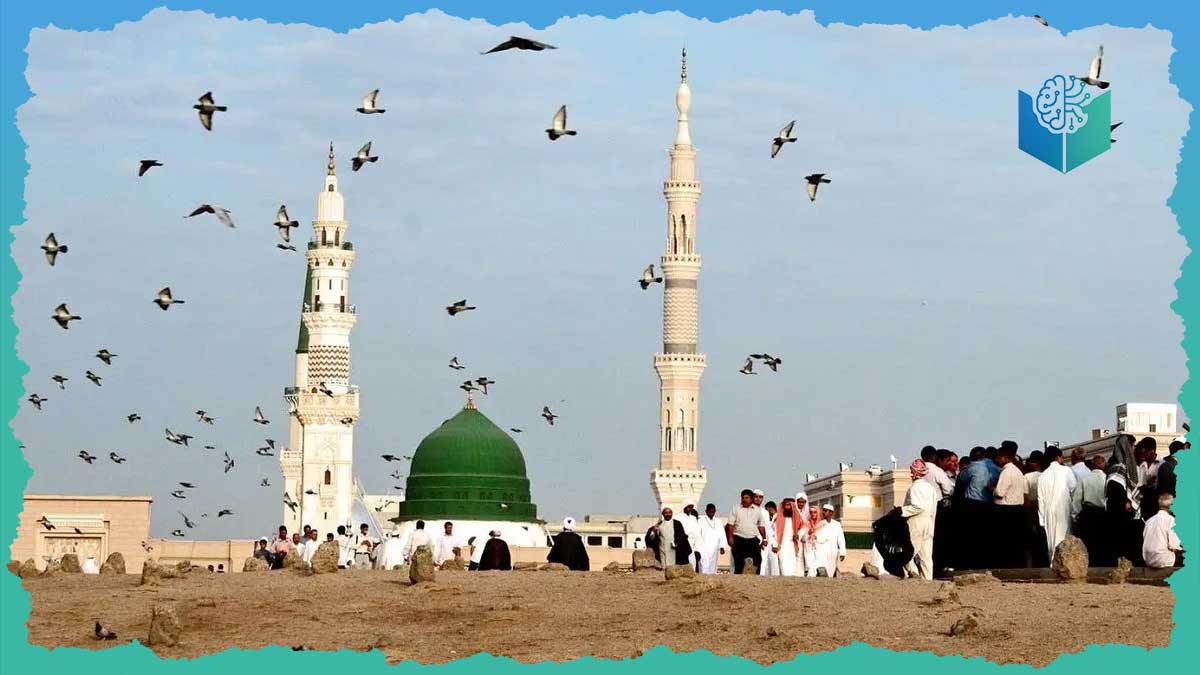
The Immediate Aftermath
The news of the Death of Prophet Muhammad ﷺ plunged Medina into a state of profound grief and confusion. Many companions, unable to fathom such a loss, struggled to accept the reality. For example, Umar ibn al-Khattab (R.A.) was so overwhelmed that he announced the Prophet had simply ascended to God and would soon return. It was at this critical moment that Abu Bakr (R.A.), the Prophet’s closest friend and father-in-law, showed incredible calm and leadership.
Stepping forward, Abu Bakr delivered a powerful and timeless speech after the Prophet’s death. He calmly reminded the distraught community: “O people! Whoever worshiped Muhammad, then Muhammad has surely died. But whoever worships Allah, then Allah is Alive and shall never die.” He then recited a verse from the Quran (3:144): “Muhammad is no more than a messenger; and indeed (many) messengers have passed away before him. If he dies or is killed, will you then turn back on your heels (as disbelievers)?” This eloquent speech served to stabilize the stunned community, bringing them back to the core message of Islam – the worship of the One God, not His messenger. This critical moment set the stage for the Succession to Prophet Muhammad, a complex issue that would define much of early Islamic history.
The Burial of Prophet Muhammad ﷺ followed soon after. He was laid to rest in his simple chamber within Masjid an-Nabawi (The Prophet’s Mosque) in Medina, the very spot where he passed away. His burial symbolized his final earthly resting place and a constant reminder of his physical presence among his community. This marks the central event in the death of Prophet Muhammad’s story.
Significance and Commemoration of 28th Safar
The significance of 28th Safar, particularly for those who observe it as the date of the Prophet’s passing, lies in its profound spiritual and historical weight. It marks the day humanity lost its last divine guide, ending the direct communication between God and people through prophecy. For Muslims, this day is a moving reminder of how fragile human life is and how God’s message lasts forever.
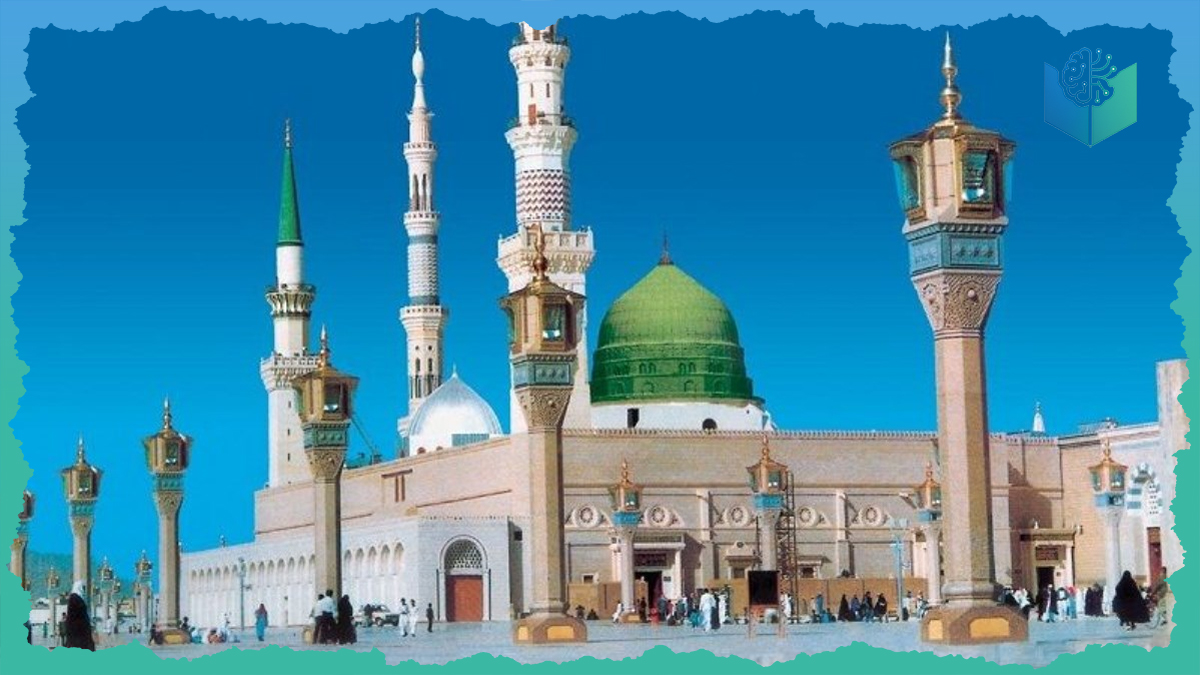
The Commemoration of 28th Safar, sometimes referred to as the Safar mourning period, is observed by many through gatherings, lectures, and reflection on the Prophet’s life, teachings, and sacrifices. It’s a time for renewing commitment to his Sunnah and seeking to emulate his exemplary character. While the precise date of his passing is debated among different Islamic schools of thought (some traditions place it on the 12th of Rabi’ al-Awwal), the essence of mourning the Demise of the Prophet and reflecting on his legacy remains universal.
The Enduring Legacy of the Prophet’s Passing
The Passing of Prophet Muhammad ﷺ, though an event of immense sorrow, did not signify the end of his mission but rather its perpetuation through his teachings, the Quran, and the community he meticulously built. His final illness and the composure of his companions in the face of such a monumental loss serve as powerful lessons in faith, leadership, and reliance on God. The rapid expansion of Islam after his passing stands as a testament to the strength of the foundations he laid and the enduring power of the message he conveyed. The Wafat of Prophet Muhammad marks a crucial inflection point, reminding Muslims that while the messenger departed, his message, the blueprint for Everything about Islam, lives on eternally.
Q&A
What happened on the 28th of Safar?
The 28th Safar is commemorated by many as the day of the Passing of Prophet Muhammad ﷺ, marking the end of his earthly mission and the conclusion of divine revelation. It was a day of profound grief and transition for the early Muslim community.
How did Prophet Muhammad pass away?
Prophet Muhammad's final illness was a fever that weakened him over several days. He passed away peacefully in the chamber of his wife Aisha (R.A.), transitioning to the afterlife after completing his prophethood. This is the key event in the death of Prophet Muhammad in Hijri.
What were the last words of Prophet Muhammad?
Tradition indicates Prophet Muhammad's last words were related to the highest companionship in Paradise. He murmured, With the supreme companion, signifying his peaceful return to Allah.
How did the companions react to the Prophet's death?
The companions were plunged into profound grief and shock by the Death of Prophet Muhammad ﷺ. Many were distraught and struggled to accept the reality, with some, like Umar, initially denying his passing.
Encyclopaedia Britannica – Prophet Muhammad
🔗 https://www.britannica.com/biography/Muhammad
Wikipedia – Death of Muhammad
🔗 https://en.wikipedia.org/wiki/Death_of_Muhammad
Al-Islam.org – The Passing Away of the Prophet
🔗 https://www.al-islam.org/history-prophet-muhammad/passing-away-prophet
Sahih al-Bukhari – Book of Funerals & Virtues
Sahih Muslim – Book of Virtues
Quran 3:144 – Quran.com


